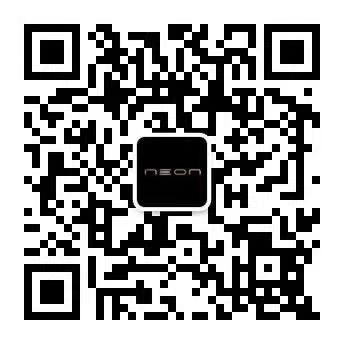According to Eddie Ong, SeaTown’s deputy chief investment officer and managing director for private investments, SeaTown Private Capital Fund began deploying in January this year and has made five investments to date, comprising one-quarter of its corpus.
Its Southeast Asian investments are GoTo, the Indonesian combo of unicorns Gojek and Tokopedia; and Cityneon Holdings, a Singapore experience entertainment firm which raised S$235 million ($177 million) in April. Pavilion Capital, EDBI, Qatar’s Doha Venture Capital, and financial institutions and family offices in Singapore and China also invested in Cityneon.
SeaTown’s other investments are a coffee chain with operations in Europe and the US, a European footwear firm, and a US software solutions firm catering to warehousing and storage businesses.
Ong says SeaTown is sector-agnostic in its investments, and typically writing cheques of $30-100 million each in growth-stage, pre-IPO companies. The firm also opportunistically looks at buyouts and buy-and-build platforms. It is open to taking minority stakes or participating within majority positions in a consortium with co-investors.
“We do see a number of interesting opportunities based on our pipeline, such as traditional businesses which may need to be spun out because they operate under a larger conglomerate and may not be optimally run,” Ong tells DealStreetAsia in an interview.
“Closer to home, we see Singapore companies venturing overseas introducing new concepts and ideas that are taking advantage of COVID-driven themes like domestic-driven tourism,” he adds.
Seeking external LPs
SeaTown is a subsidiary of Seviora Holdings, a newly-formed entity combining Temasek’s four existing asset management companies, Azalea Investment Management, Fullerton Fund Management Company, InnoVen Capital, and SeaTown Holdings International.
Seviora Holdings was overseeing S$75 billion ($55 billion) worth of assets under management (AUM) when the announcement regarding its establishment was made in October last year.
Separately, SeaTown also runs a $1 billion private credit fund which launched in December 2019. This fund has a 4+2-year fund life and dedicates about 70-80% of its portfolio to Asia Pacific opportunities.
According to Ong, roughly half of the fund has already been deployed to date. Similar to its private capital fund, it is also sector agnostic, and considers aspects like Environmental and Social Governance (ESG) factors under an inhouse ESG framework.
While both funds are still fully invested by Temasek at both the GP and LP levels, Ong shared that SeaTown may eventually evolve into a model where it has external limited partners (LPs) in its fund structure.
Seatown is already in the midst of seeking external LP financing for its private credit fund, with plans to raise “a few hundred million” before closing it in September this year. “The direction will be that we will raise third-party money, which we hope will be substantial over time. This will naturally mean that Temasek’s LP contribution as a percentage of the overall fund will naturally be slightly smaller,” says Ong.
This is similar to what Temasek-backed Vertex Ventures did in 2019 for its $730 million second Vertex Master Fund (VMF), where it raised capital from external LPs for the first time since its inception in 1988. The LPs which joined VMF Fund 2 were Japanese corporates Sumitomo Mitsui Banking Corp, Marubeni, Abeam Consulting, and the Development Bank of Japan. At the time, Temasek remained the anchor investor for VMF Fund 2, contributing about three-quarters of the total corpus.
Ong acknowledges that competition for private equity deals has risen in recent years, but emphasised that SeaTown’s longstanding ties with Temasek’s global network mean it has an extra edge when it comes to deal sourcing and underwriting deals.
“We have a very strong relationship and sourcing infrastructure through Temasek, which has local investment professionals globally from Latin America to China. This helps us tap into their network and better understand local market conditions. In that way, it helps us in our underwriting of credit transactions as well. It’s also a huge plus for us in deal sourcing,” Ong says.
According to SeaTown’s official website, the asset manager runs five funds across open-end and closed-end strategies, comprising about $6 billion in overall AUM.
